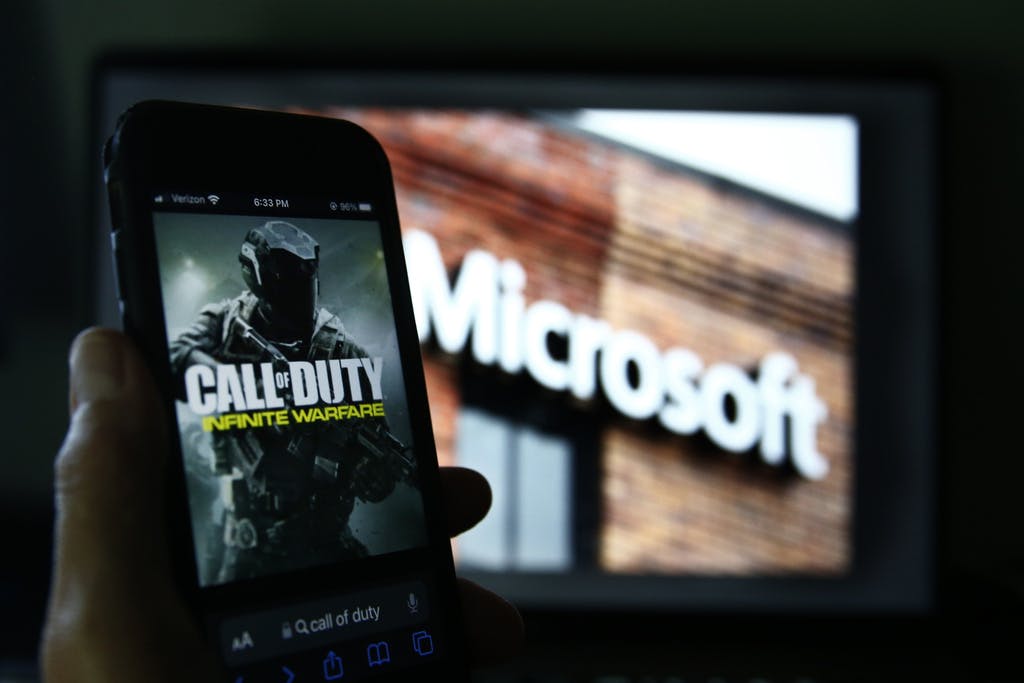
Santa Monica Establishes $3.5 Million Reparations Fund Despite ‘Dire’ Financial Outlook
By LUKE FUNK
|Lina Khan has been aggressively crusading against what she has called ‘exploitative,’ ‘collusive,’ and ‘abusive’ tactics in the technology industry since she took over the FTC in 2021 with little to show for it.

Already have a subscription? Sign in to continue reading

By LUKE FUNK
|
By MATTHEW RICE
|
By DONALD KIRK
|$0.01/day for 60 days
Cancel anytime
By continuing you agree to our Privacy Policy and Terms of Service.